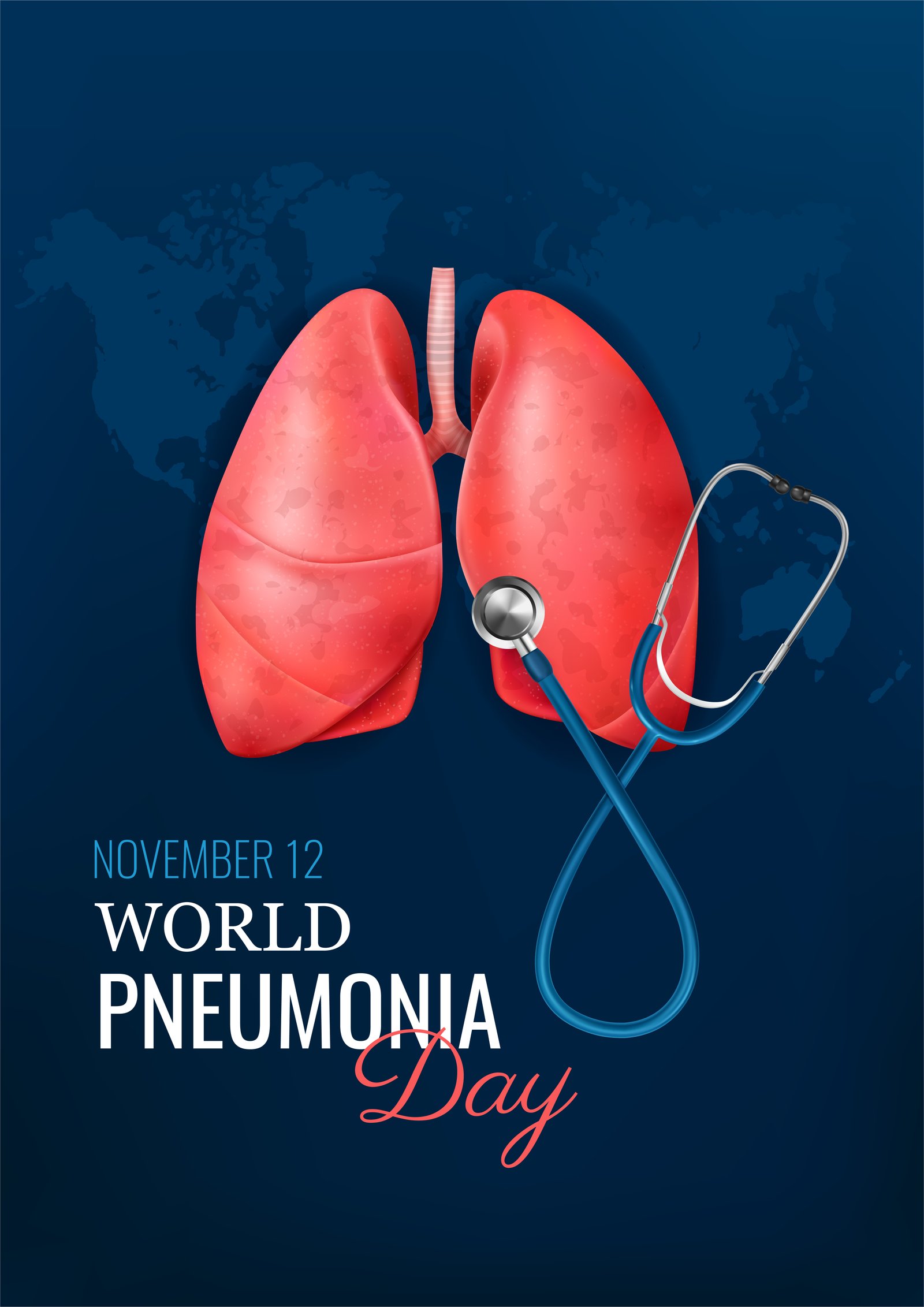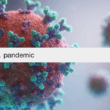
Pneumonia Disease Prevention: A Comprehensive Guide
Introduction
Pneumonia is a common respiratory infection impacting millions worldwide. This blog post aims to provide an in-depth understanding of pneumonia, its causes, and effective prevention strategies. We will explore insights from the Centers for Disease Control and Prevention (CDC) and other health experts to offer a well-rounded approach to combating this illness.
Understanding Pneumonia: The Basics
What is Pneumonia?
Pneumonia is an infection that inflames the air sacs in one or both lungs. The air sacs may fill with fluid or pus, causing symptoms such as cough, fever, chills, and difficulty breathing. Various organisms, including bacteria, viruses, and fungi, can cause pneumonia.
Types of Pneumonia
- Community-Acquired Pneumonia (CAP): Acquired outside of healthcare settings.
- Hospital-Acquired Pneumonia (HAP): Acquired during a hospital stay.
- Pneumococcal Pneumonia: Caused by the bacterium Streptococcus pneumoniae.
- Walking Pneumonia: A milder form of pneumonia.
- Viral Pneumonia: Caused by various viruses, including the respiratory syncytial virus (RSV).
Causes and Risk Factors
Pneumonia can be caused by bacteria, viruses, and fungi. The most common bacterial cause is Streptococcus pneumoniae. Viral pneumonia is often caused by influenza, while fungal pneumonia is more common in people with chronic health problems or weakened immune systems. Risk factors include being over 65 years old, under 2 years old, having chronic diseases, smoking, and having a weakened immune system.
Prevention Strategies
Vaccination
- Pneumococcal Vaccine: This vaccine protects against pneumococcal disease, a common cause of bacterial pneumonia.
- Flu Vaccine: Influenza is a common precursor to pneumonia.
- RSV Vaccine: Particularly important for children, as RSV can lead to pneumonia.
General Health Measures
- Healthy Lifestyle: Maintaining a healthy diet, getting regular exercise, and sufficient sleep.
- Hygiene Practices: Regular hand washing and using hand sanitizer.
- Smoking Cessation: Smoking damages the lungs and increases the risk of pneumonia.
Environmental and Community Health Measures
- Air Quality: Avoid exposure to pollutants and chemicals that can harm the lungs.
- Community Awareness: Understanding the signs and spread of pneumonia helps in early detection and prevention.
Symptoms and Diagnosis
Recognizing the symptoms of pneumonia is crucial for early treatment. Common symptoms include:
- Cough, which may produce phlegm
- Fever, sweating, and chills
- Shortness of breath
- Chest pain that worsens with breathing or coughing
- Fatigue and loss of appetite
Diagnosis usually involves a physical exam, chest X-ray, and blood tests.
Treatment Options
Treatment for pneumonia includes:
- Antibiotics: For bacterial pneumonia.
- Antiviral Medications: For viral pneumonia, such as those caused by the influenza virus or respiratory syncytial virus.
- Fungal Medications: For fungal pneumonia.
- Supportive Care: Rest, fluids, and fever reducers.
Special Considerations for High-Risk Groups
Children
Young children are particularly susceptible to pneumonia. Parents should ensure their children are vaccinated and follow good hygiene practices.
Elderly
Older adults, especially those over 65 years old, should get vaccinated against pneumococcal pneumonia and influenza. They should also practice good health habits and avoid contact with sick individuals.
Frequently Asked Questions
How is pneumonia spread?
Most cases of pneumonia are contracted by coughing, sneezing, or talking, which releases respiratory droplets into the atmosphere. Close contacts may then inhale these droplets. It is less common to contract pneumonia by touching your mouth or nose after coming into contact with a surface or object contaminated with the germ.
What are 3 ways to prevent pneumonia?
Certain strains of pneumonia can be avoided with vaccination. Other ways to reduce your risk of pneumonia include maintaining a strong immune system through regular physical activity and eating a well-balanced diet, stopping smoking, and practicing good hygiene (frequent hand washing).
How can I prevent pneumonia in my home?
Hands should be washed before eating, after interacting with others, and before leaving the house.
cleaning every surface in the house, especially if someone has recently fallen ill.
maintaining current immunization records, particularly for any family members living with young children who cannot yet receive vaccinations.
Conclusion
Pneumonia is a serious disease, but with the right knowledge and preventive measures, its impact can be significantly reduced. Vaccination, healthy lifestyle choices, and awareness are key to preventing pneumonia. Always consult healthcare professionals for advice tailored to your specific health needs.



